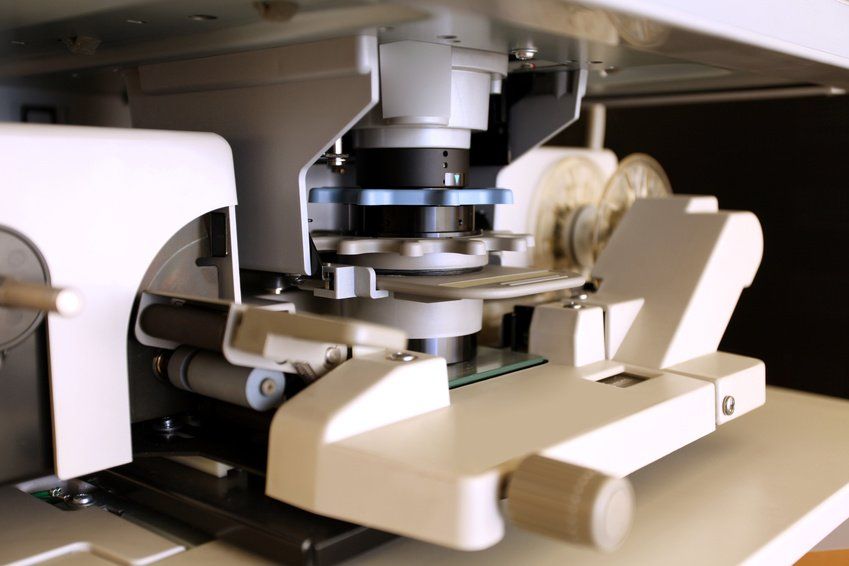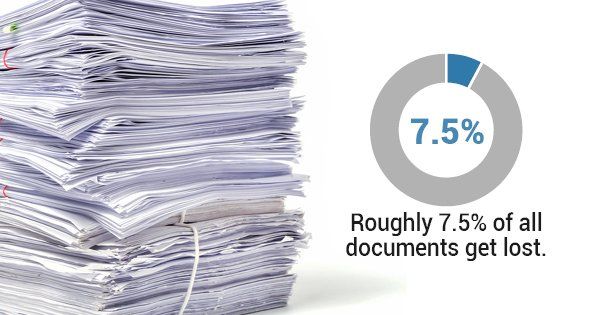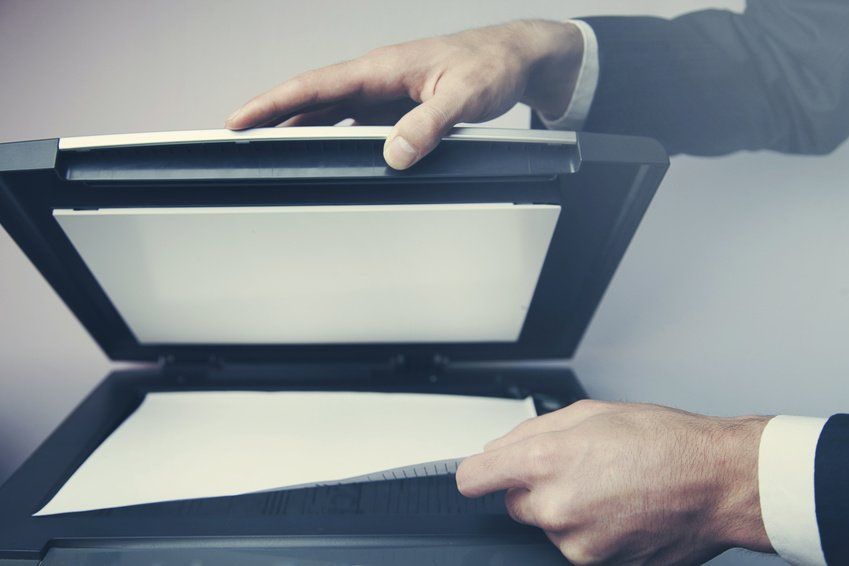Safekeeping Medical Records: Do You Need X Rays Scanned?
- By Administrator
- •
- 18 Nov, 2018
- •

The average document is photocopied approximately 19 times. Whether it's a legal document or an important piece of financial information, scanning and copying these documents can help ensure they are protected and stored for years. In the medical field, X rays happen all the time, but do you really need X rays scanned?
First, let's define what X rays actually are:
X rays make up X radiation, which is a form of electromagnetic radiation. The majority of X rays have a wavelength rating from 0.01 to 10 nanometers..
X ray machines send individual particles through the body, which are then recorded onto a computer or film in image form. Certain structures that are denser than others inside the body, like bones, will block most X ray particles and will appear white on the film, but other medical information can be derived from these X ray images.
Whether you're a medical professional administering these X rays or a patient who received them, X ray scanning services are extremely important.
Hospital employees should save and copy every X ray image handled throughout their careers. Months or even years down the road, you might be called upon to reference back to various X ray images to gather important data and understand the structural makeup of a hospital patient.
If you're the actual patient, though, you should ask for the hospital employees to scan X rays of your body so you can keep them for your own records. You might seek a second opinion and it will benefit you to have a scanned copy of your X ray. Additionally, it'll be nice to save all your medical records so you can look back on them down the line. Either way, you need X rays scanned. Ask a professional at the hospital for the original (or a copy) and contact digital scanning services, which will allow you to digitally store your X ray images.
If you need X rays scanned or want to learn more about the various benefits of document scanning and imaging services, give Scanning America a call right away.
First, let's define what X rays actually are:
X rays make up X radiation, which is a form of electromagnetic radiation. The majority of X rays have a wavelength rating from 0.01 to 10 nanometers..
X ray machines send individual particles through the body, which are then recorded onto a computer or film in image form. Certain structures that are denser than others inside the body, like bones, will block most X ray particles and will appear white on the film, but other medical information can be derived from these X ray images.
Whether you're a medical professional administering these X rays or a patient who received them, X ray scanning services are extremely important.
Hospital employees should save and copy every X ray image handled throughout their careers. Months or even years down the road, you might be called upon to reference back to various X ray images to gather important data and understand the structural makeup of a hospital patient.
If you're the actual patient, though, you should ask for the hospital employees to scan X rays of your body so you can keep them for your own records. You might seek a second opinion and it will benefit you to have a scanned copy of your X ray. Additionally, it'll be nice to save all your medical records so you can look back on them down the line. Either way, you need X rays scanned. Ask a professional at the hospital for the original (or a copy) and contact digital scanning services, which will allow you to digitally store your X ray images.
If you need X rays scanned or want to learn more about the various benefits of document scanning and imaging services, give Scanning America a call right away.













